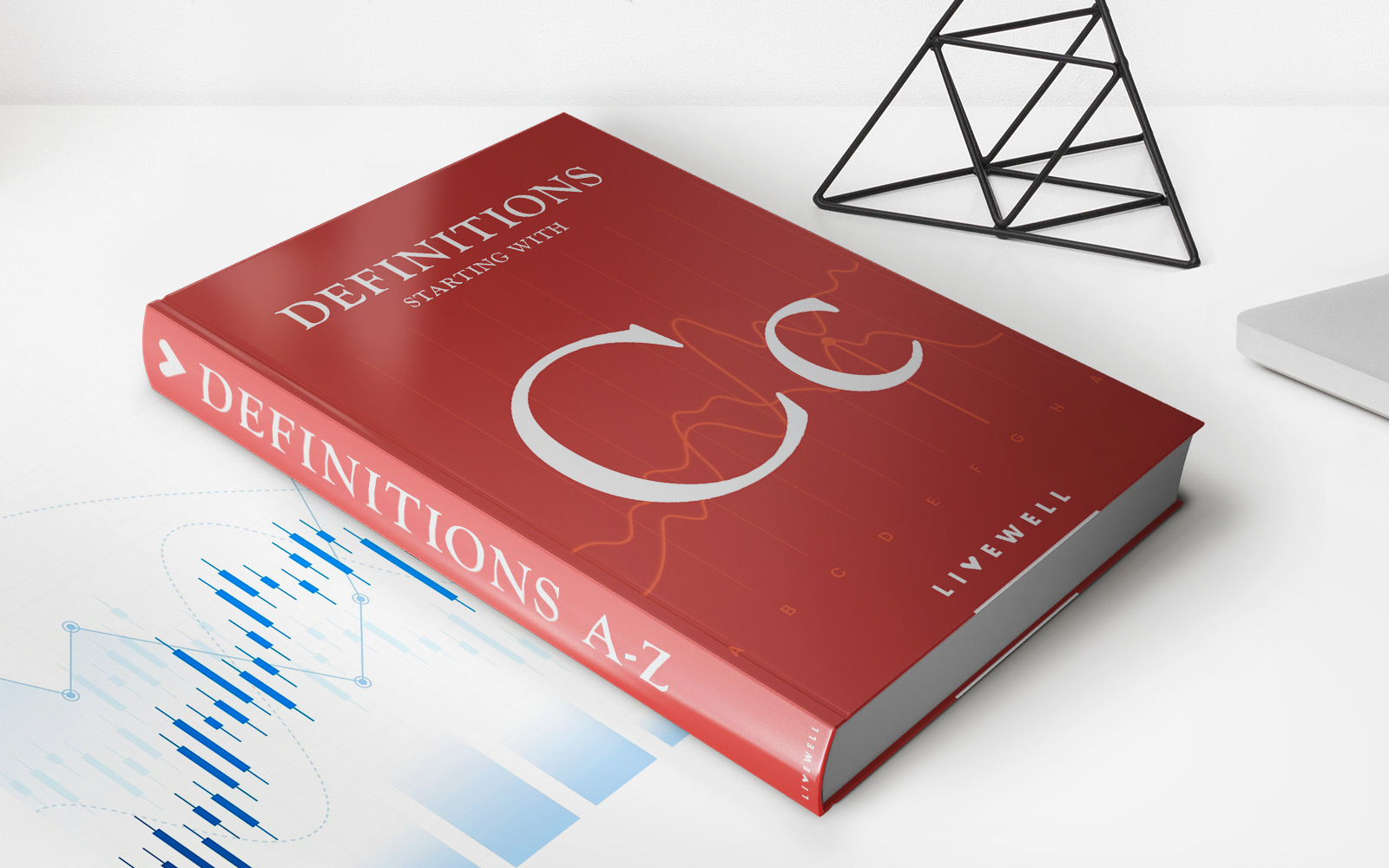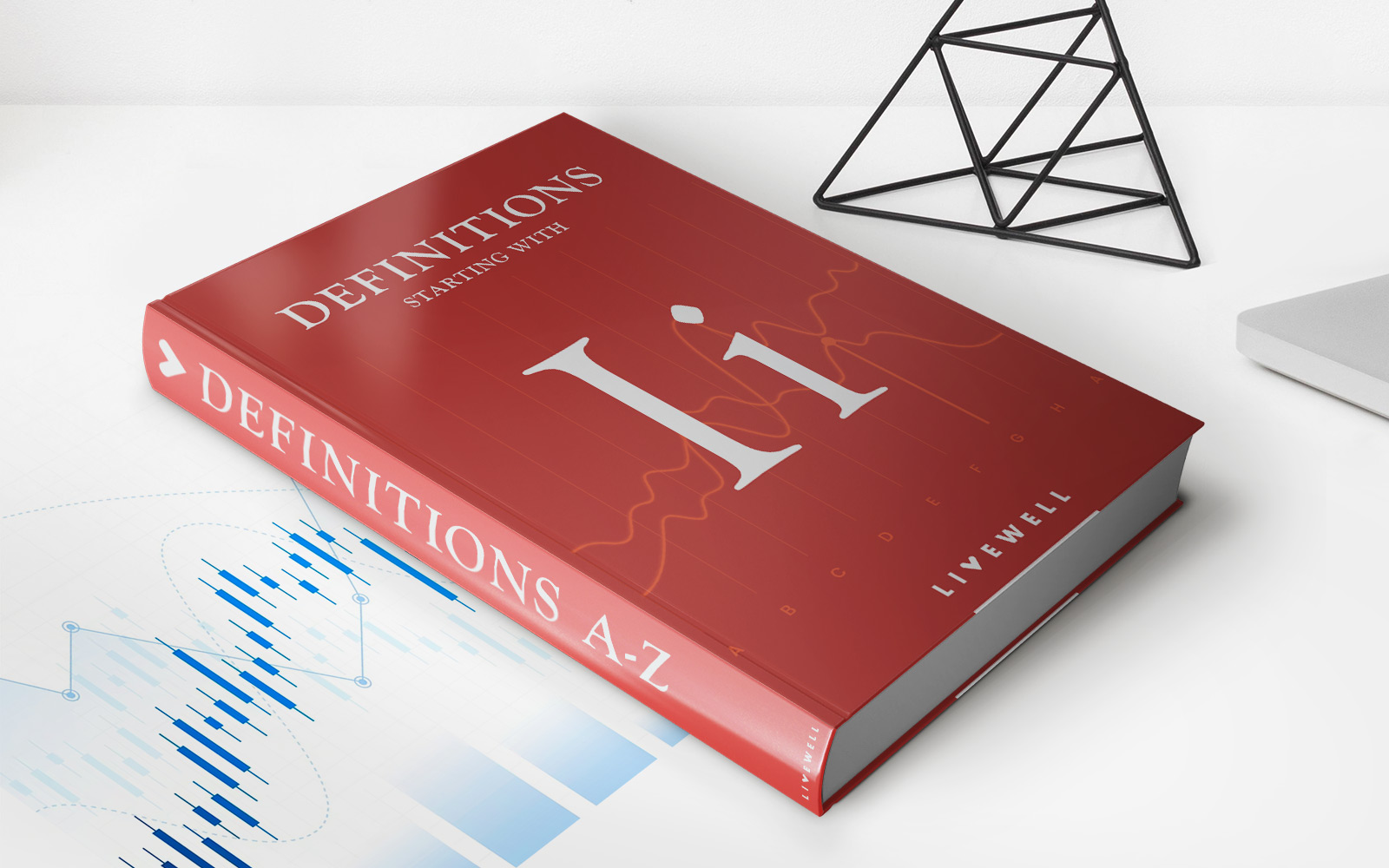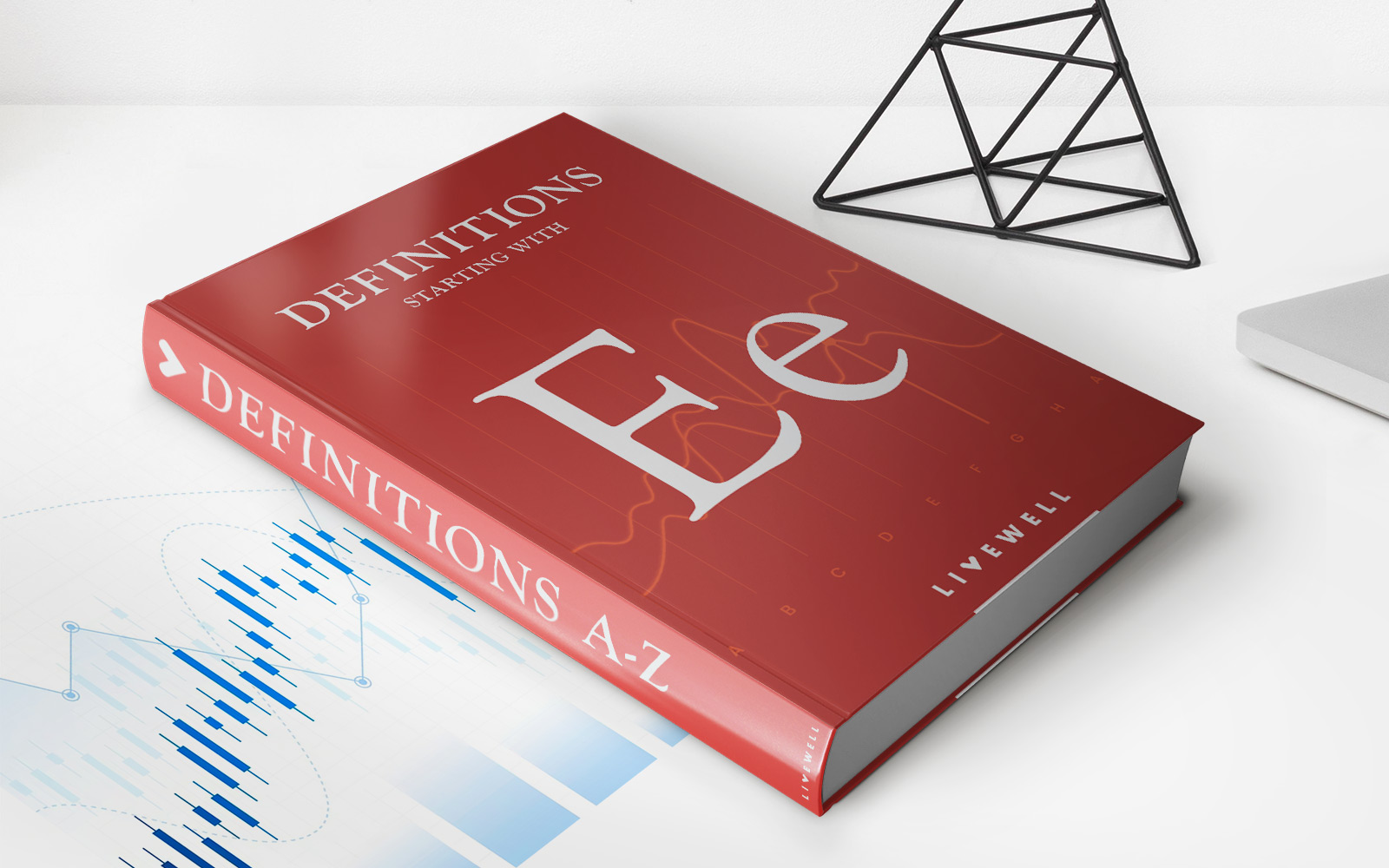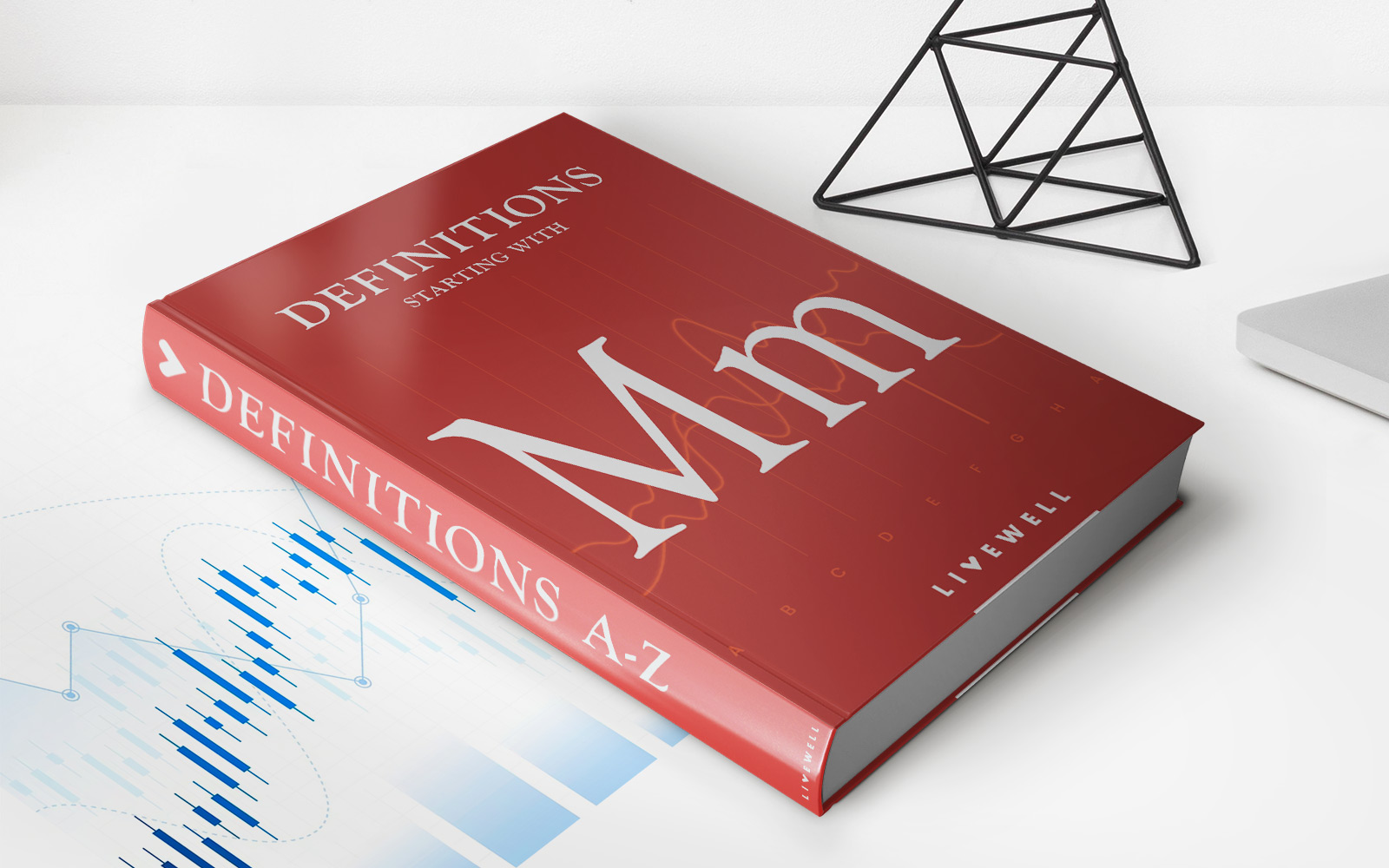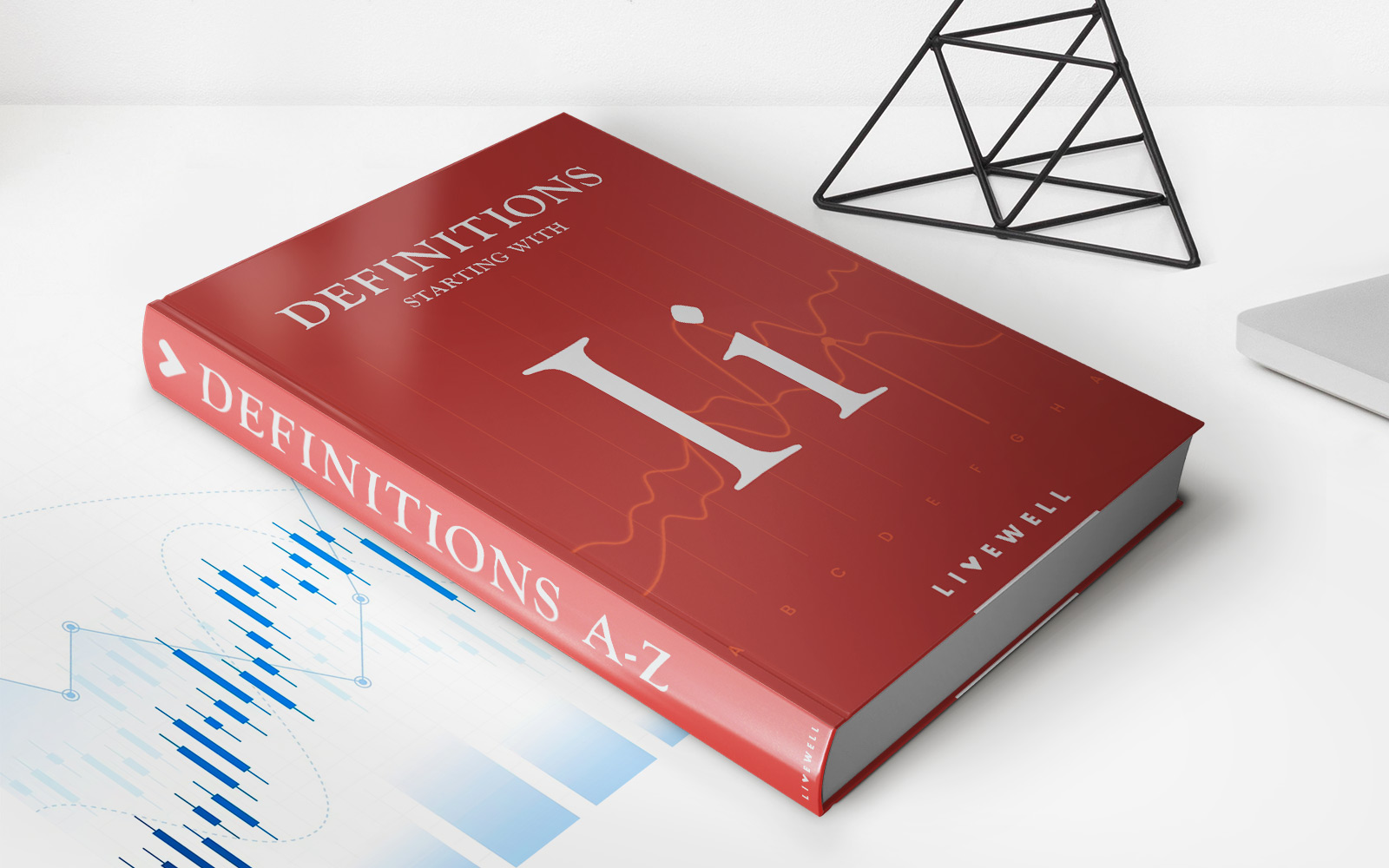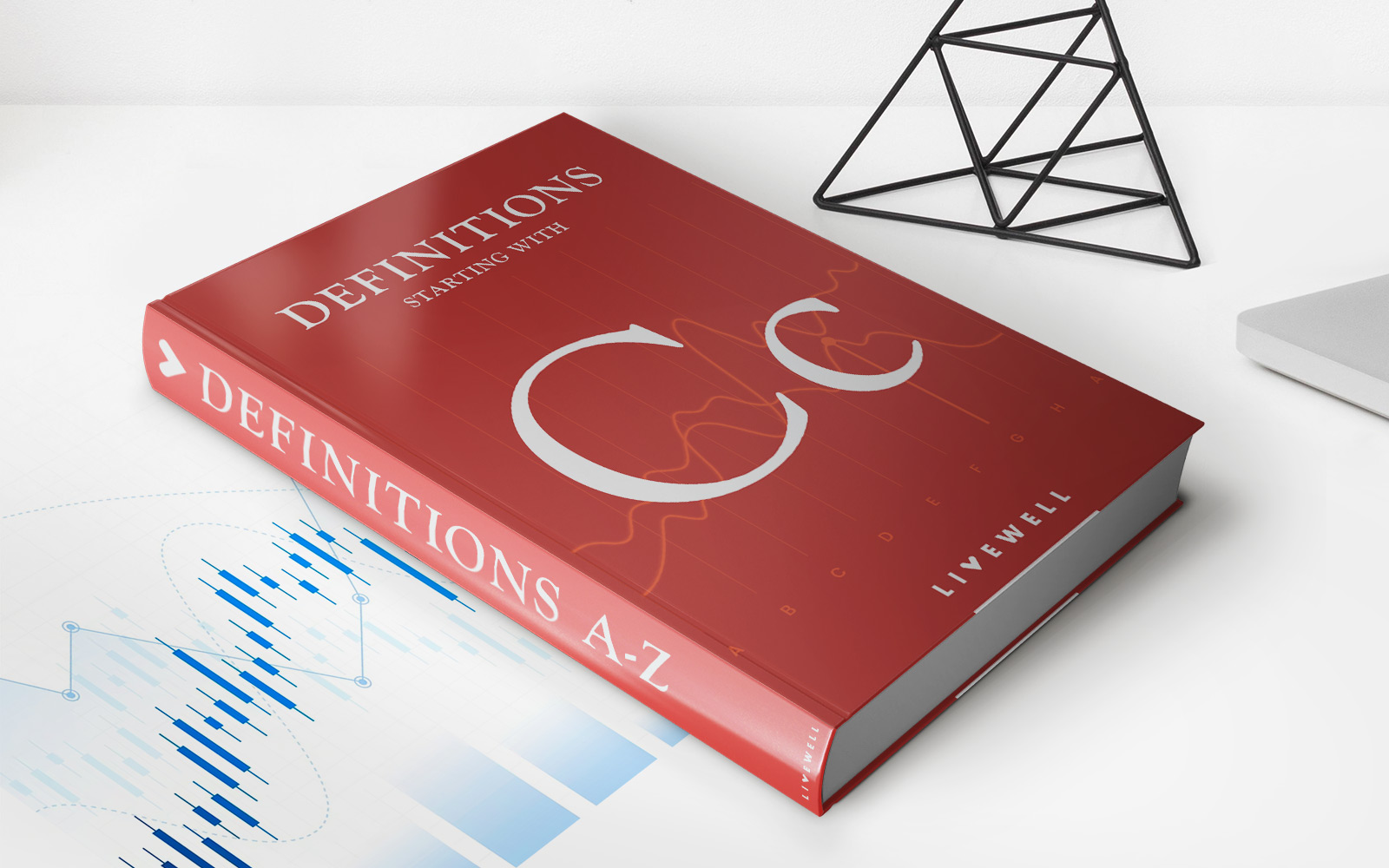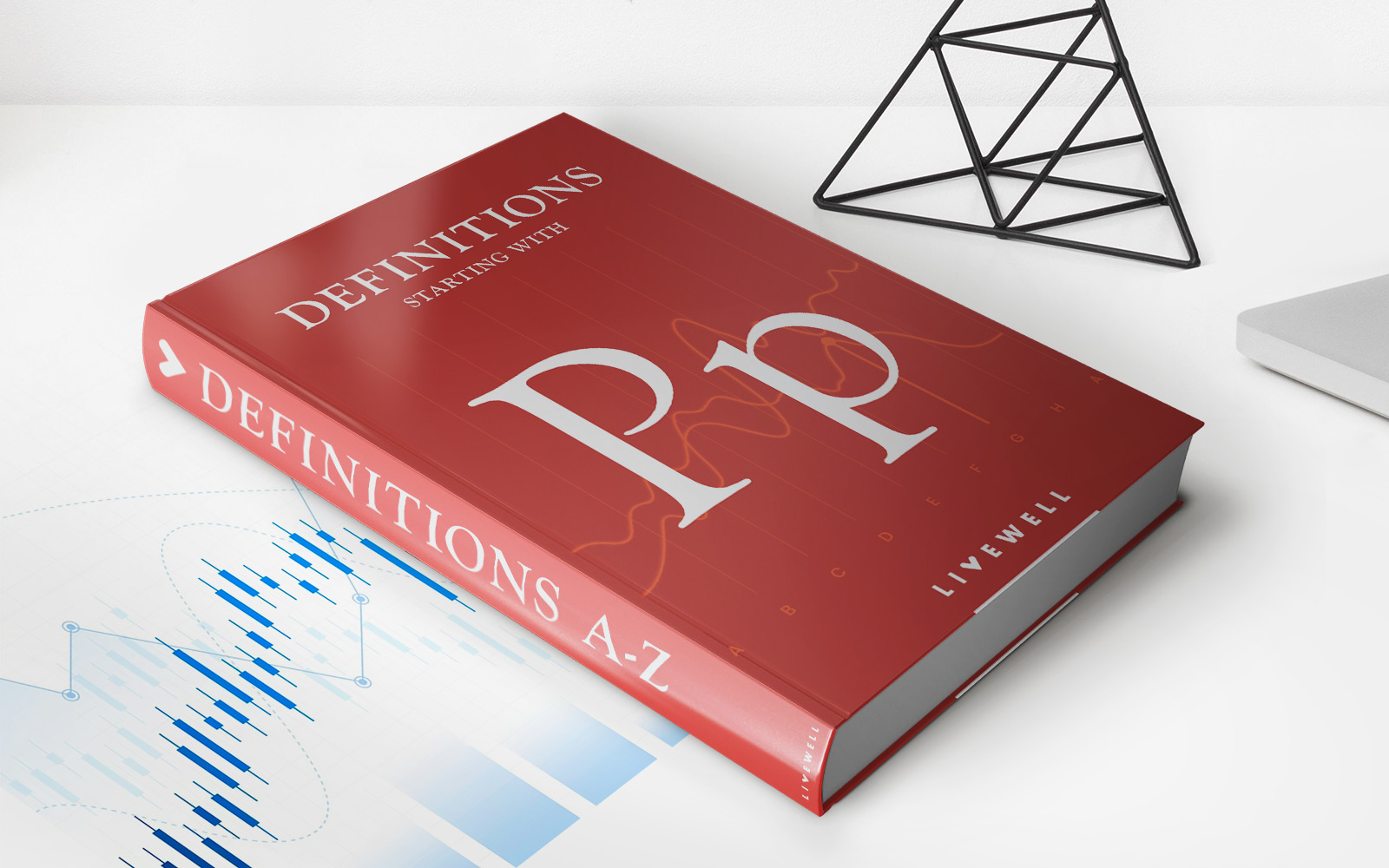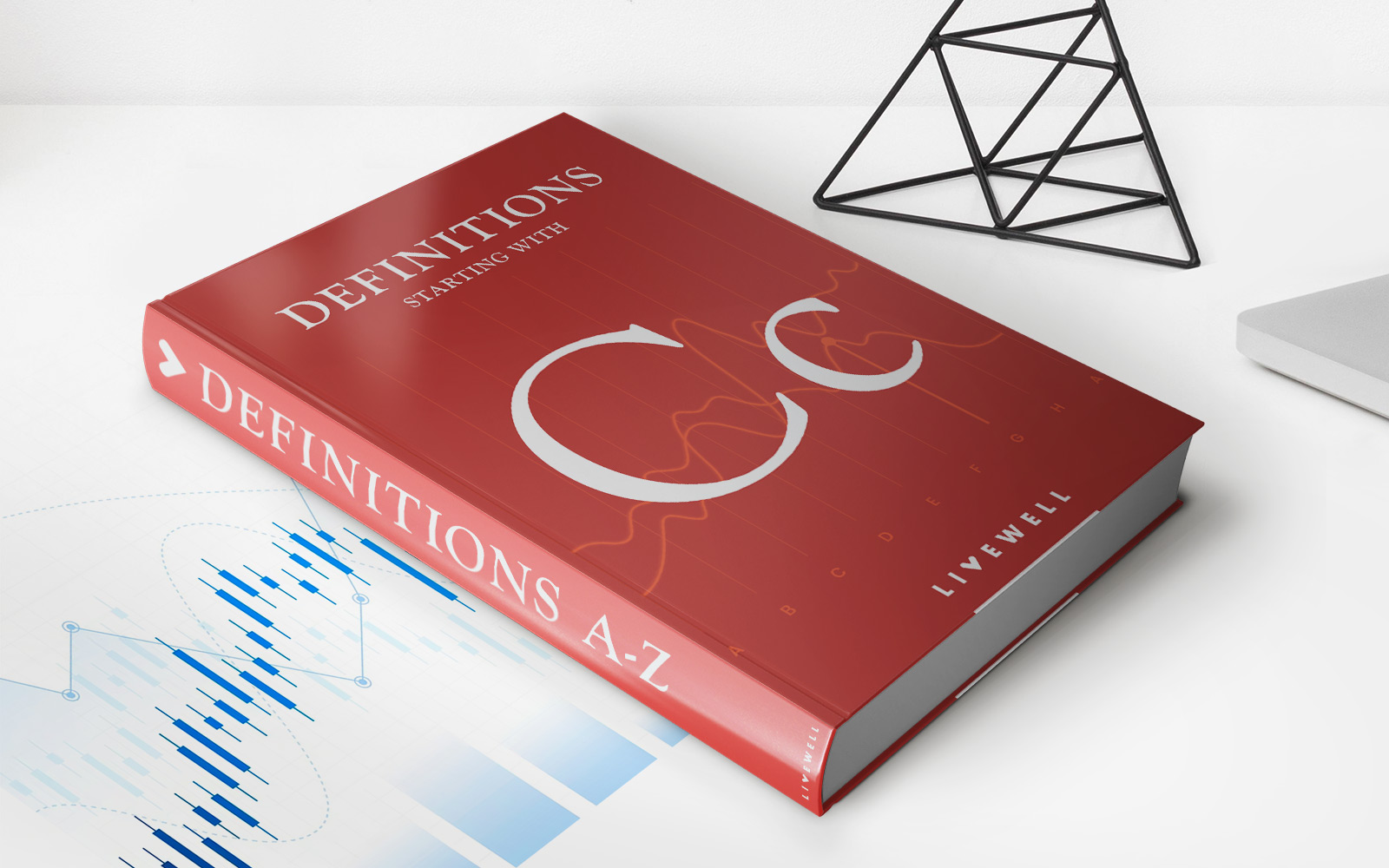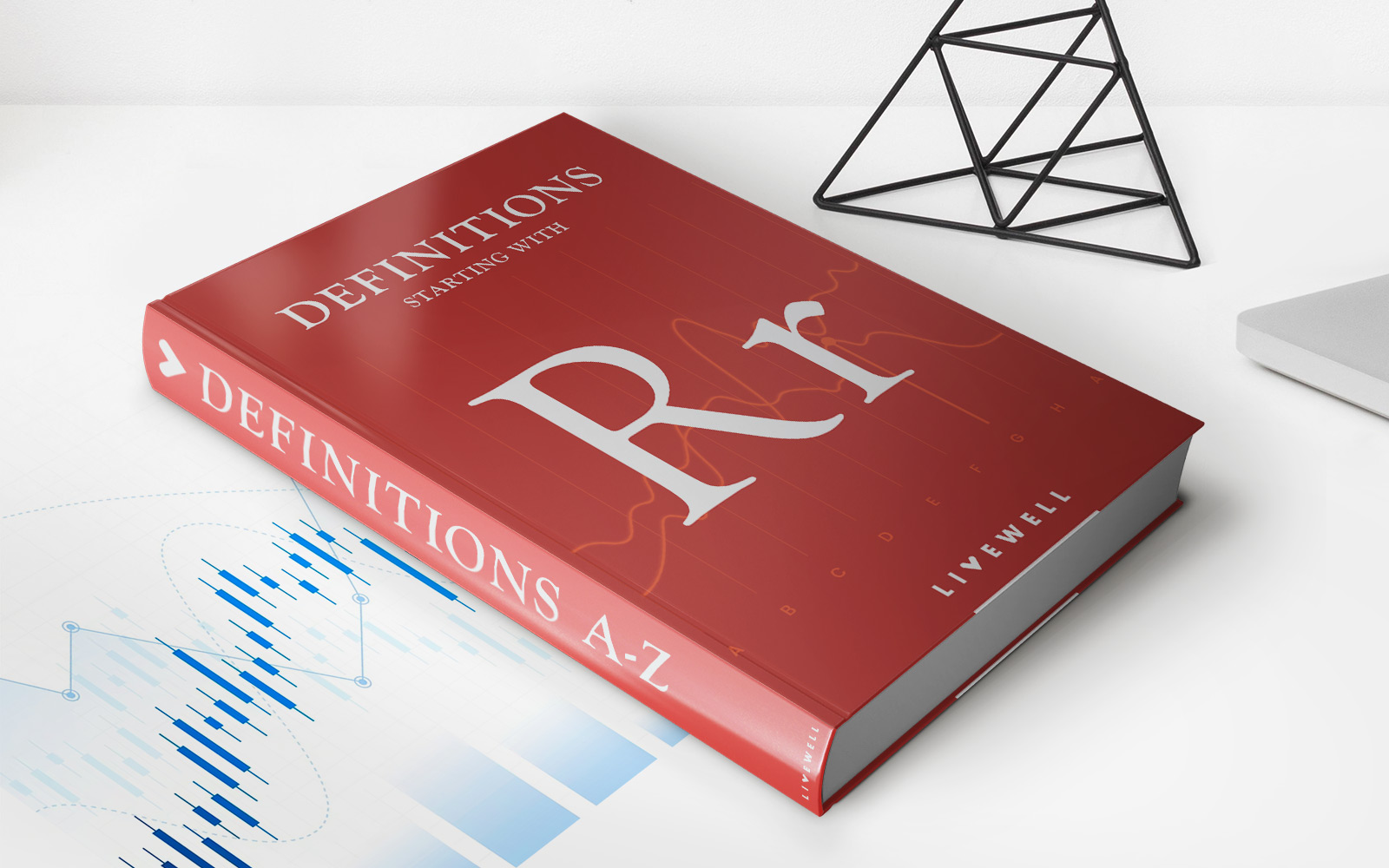Home>Finance>Competitive Intelligence: Definition, Types, And Uses
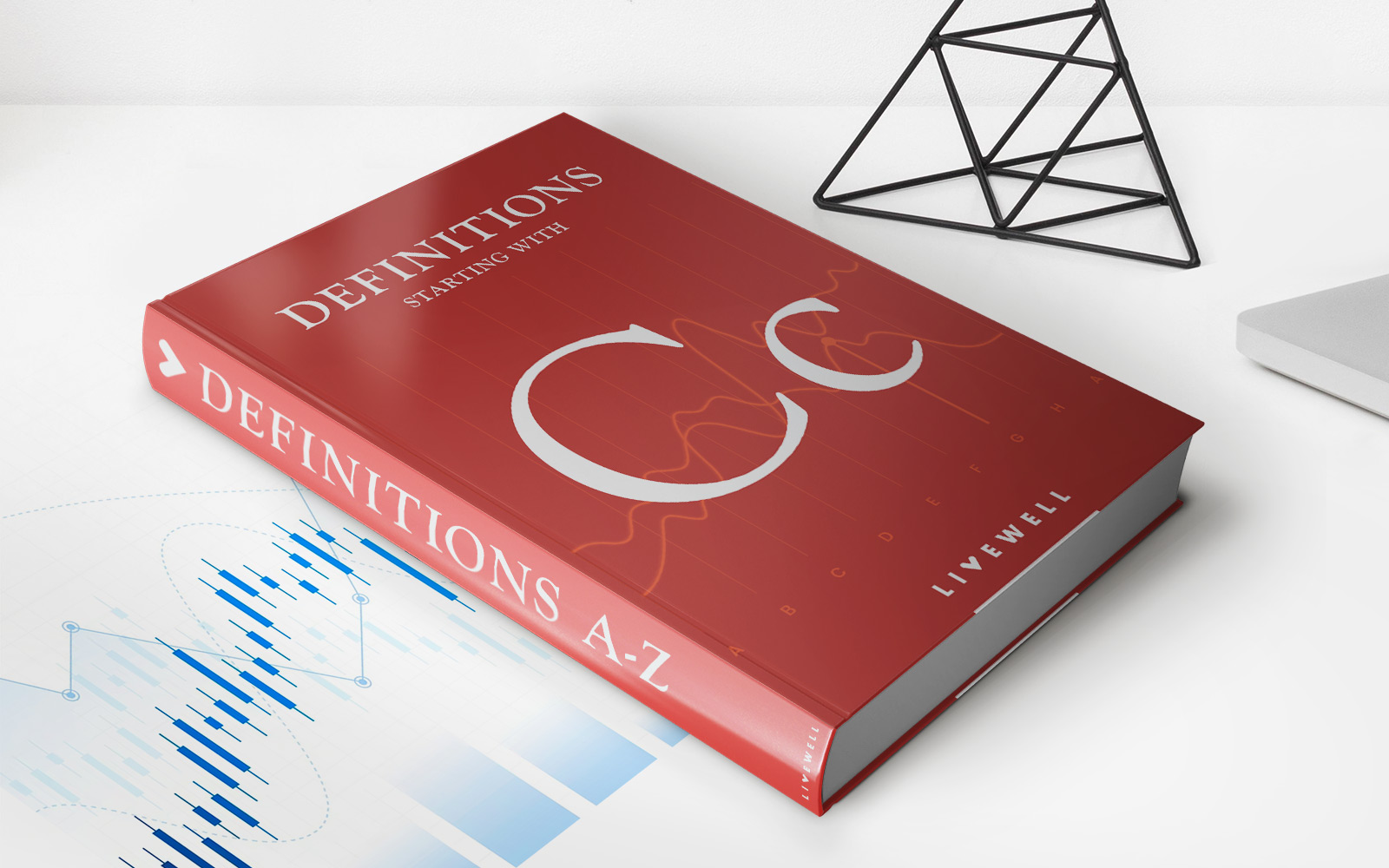

Finance
Competitive Intelligence: Definition, Types, And Uses
Published: October 31, 2023
Discover the definition, types, and uses of Competitive Intelligence in the world of Finance. Gain insights to stay ahead in the competitive finance industry.
(Many of the links in this article redirect to a specific reviewed product. Your purchase of these products through affiliate links helps to generate commission for LiveWell, at no extra cost. Learn more)
Competitive Intelligence: Definition, Types, and Uses
Welcome to the world of competitive intelligence – the art of gathering and analyzing information about your competitors, so you can stay one step ahead in the game. With fierce competition in the business world, it’s essential to have a thorough understanding of what your competitors are up to, and competitive intelligence provides you with just that. In this blog post, we will explore the definition, types, and uses of competitive intelligence, helping you unlock its potential for your business’s success.
Key Takeaways:
- Competitive intelligence refers to the process of collecting, analyzing, and utilizing information about your competitors to gain a competitive advantage.
- There are three main types of competitive intelligence: strategic, tactical, and technological.
The Definition of Competitive Intelligence
At its core, competitive intelligence involves gathering information about your competitors’ strategies, strengths, weaknesses, and customer behaviors. It’s a continuous process that enables you to make informed business decisions, identify emerging trends, and stay ahead of the competition.
Question: Why is competitive intelligence important?
Competitive intelligence is crucial because it provides valuable insights into your competitors’ actions, helping you anticipate their next moves. By gaining an understanding of your competitors’ strategies, you can identify gaps in the market, improve your own offerings, and develop more effective marketing campaigns. It allows you to proactively respond to market changes and gain a competitive edge.
Types of Competitive Intelligence
There are three primary types of competitive intelligence:
- Strategic competitive intelligence: This type focuses on understanding your competitors’ long-term strategies and overall direction. It helps you identify competitive threats, assess market dynamics, and make strategic decisions that align with your business objectives.
- Tactical competitive intelligence: Tactical intelligence focuses on gathering information about your competitors’ short-term actions and specific tactics. It involves analyzing their pricing strategies, product launches, advertising campaigns, and other tactical moves. This information allows you to fine-tune your own strategies and respond effectively.
- Technological competitive intelligence: In today’s digital landscape, technology plays a crucial role in gaining a competitive advantage. Technological intelligence involves monitoring your competitors’ technological innovations, patents, and research and development (R&D) activities. By staying informed about the latest advancements, you can identify opportunities to leverage technology for growth.
Uses of Competitive Intelligence
Competitive intelligence can be utilized in a myriad of ways to benefit your business:
- Market analysis: By analyzing your competitors’ market positioning and consumer behavior, you gain insights into the dynamics of the industry. This helps you identify potential market gaps, target new customer segments, and refine your marketing strategies.
- Product development: By monitoring your competitors’ product innovations and customer feedback, you can identify opportunities to enhance your own offerings and stay ahead of the curve.
- Pricing understanding: Competitive intelligence allows you to gather information about your competitors’ pricing strategies, discounts, and promotions. This knowledge helps you set competitive pricing and develop effective pricing strategies.
- Mitigating risks: By tracking your competitors’ financial performance, expansion plans, and partnerships, you can identify potential threats and take proactive measures to safeguard your business.
In conclusion, competitive intelligence is a powerful tool that empowers businesses to make informed decisions, outmaneuver the competition, and achieve sustainable success. By continuously gathering and analyzing information about your competitors, you can stay ahead of the game and ensure your business thrives in today’s competitive landscape.
Remember, knowledge is power, and competitive intelligence enables you to leverage that power to your advantage.
